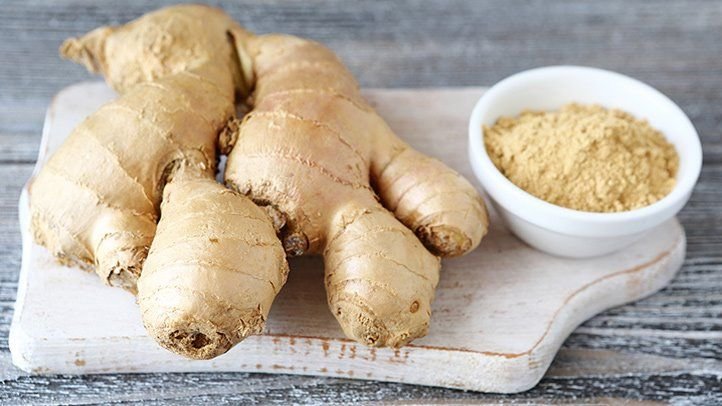A versatile oil used for everything from cooking and baking to dressing salads and drizzled onto bread. Grapeseed oil is a wildly well-known ingredient, especially among health conscious. The oil comes from grape seeds harvested in the winemaking process, where grape seeds get crushed with solvents to create the oil. In terms of the health advantages of grapeseed oil, it has significant amounts of polyunsaturated fats and nutrients.
It also contains a bit of Vitamin E and is high in Linoleic acid. if you are curious to know more about preservation of grapes at home for later use then checkout our post on grapes preservation techniques for storage of grapes.

Alternatives and Substitutes For Grapeseed Oil
You can easily substitute grapeseed oil for the following:
Sunflower oil
You can use Sunflower oil as a substitute for grapeseed oils. It offers the same nutritional value as grapeseed oil, but it does not contain any allergens. Sunflower seed oil can be used in everyday cooking and for other purposes. Keep a small bottle handy. This unprocessed product is excellent for baking and adding a unique crispness to your favourite recipes. You can also get it in butter form.
Even if you don’t have any other oils, you likely have sunflower oil. It’s easy to find worldwide at a low price, and you can use it in many recipes, just like grapeseed oil. It comes from sunflower seeds, is very nutrient-dense and has a neutral flavour. Sunflower oil is an excellent alternative to grapeseed oil because of its neutral flavour. You can use it to deep fry foods like French fries or meats.

Avocado Oil
Avocado oil is rich in vitamins E, vitamin A and folate, and it also contains thiamine and riboflavin. This makes it an excellent choice. Antioxidants are great for stimulating cell growth and improving skin appearance, and they also reduce inflammation problems like eczema or rosacea. Its smoking temperature of 271 degrees celsius makes it an excellent grapeseed oil replacement when deep-frying. Its neutral flavour makes it a perfect substitute for dressing or garnishing.
Avocados have many skin-healing and heart-healthy benefits that grapeseed can’t match. Avocado oil is 100% pure, ensuring that the health and taste of avocado oil are intact. It has been cold-pressed without other oils, such as olive or peanut, which means that there are even more benefits to enjoy.
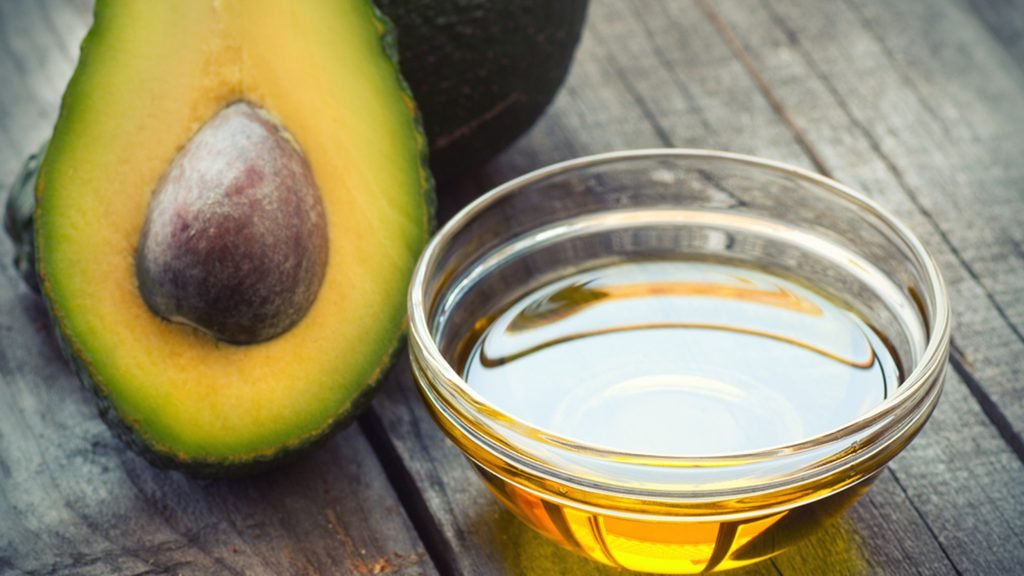
Sesame oil
Sesame oil is an excellent option for making Chinese or Malay dishes. This oil can be used for cooking, sauteing and baking, and high heat cooking. You must not use it in excess as it has a pungent smell and taste. To replace grapeseed oil, you might consider using light sesame seed oil. This healthy grapeseed oil replacement is high in vitamins E, vitamin K and polyunsaturated oils, antioxidants, calcium, magnesium, iron, zinc, and other nutrients.
There are two types of sesame oils: dark sesame oil and light sesame. The dark sesame oils have a strong flavour that can overpower the flavours of your ingredients. While the light sesame oils have a more subtle flavour and a higher smoking temperature, they are great for wok-frying.
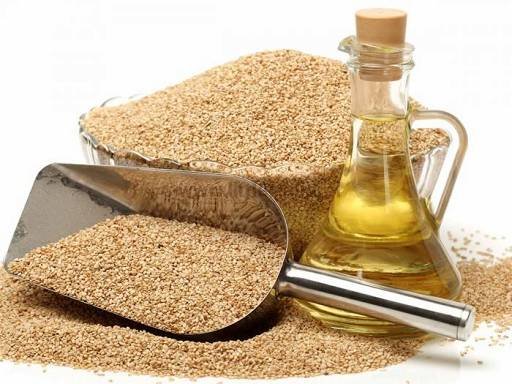
Walnut Oil
Walnut oil is excellent grapeseed oil, especially for salads or stir-fries that require a rich nutty flavour. It is made from cold-pressed walnuts and dried, and it is high in omega-3 and polyunsaturated oils. If heated, walnut oil can develop a bitter taste, so it should not be consumed warm. Walnut oil is the best nonstick, healthy and heavy-duty ingredient you could ever have in your kitchen. You will be grateful for giving your taste buds a satisfying and natural flavour using walnut oil.
Walnut oil is rich in antioxidants and Vitamin E, making it an excellent substitute for grapeseed oil. Grapeseed oil is good for us, but people tend to avoid it due to its high price. Walnut oil can help you skip the high cost and get back to your roots. Walnut oil is a popular nut-based oil that you can use in many recipes. It is made of crushed dried walnuts, and Walnut oil has a buttery texture with nutty flavours. It can be drizzled over fish or used as a garnish on salads.

Canola Oil
This oil can be used in baking as an alternative to grapeseed oil. Canola oil can be cheaper than grapeseed oil and has a similar fat composition, but be aware of the side effects on your brain. It’s an excellent substitute for grapeseed oil and is readily available. You can use it in every recipe for grapeseed oils because it is chemically extracted from grape seeds.
Canola oil is high in monosaturated fats and omega-3 fatty acids, so it’s a good oil for cooking. It has neutral-flavoured with a high smoke point at 200 degrees celsius. This makes it suitable for many cooking methods, such as sauteing, baking, and stir-frying. When combined with another ingredient, it has a beautiful yellow colour. This flavorful cooking elixir is best used to dip buttery fries straight from the oven.
Canola oil is getting a lot of negative press these days. It is not unusual to find the words “cancer risk” or “ulcers” in the same sentence with your favourite cooking ingredient. Because it contains so few omega-6 fatty acids, grapeseed oil is more healthy than other oils. Canola, however, has so many grams per 100g of omega-6 fatty acids that they cannot legally claim it as beneficial.
You can use canola oil in recipes that call for grapeseed oil. It is similar to grapeseed oil in that it has a light flavour and colour. It can be used to make various dishes, including baking, grilling, and dressing salads. It is also cheaper than grapeseed oils in most areas.

Olive oil
Olive oil is an excellent alternative to grapeseed oils, and extra virgin olive oil, which is richer antioxidants, is the best choice. This tends to be yellow or green with a strong tangy taste and light texture. The best thing about olive oil is its availability, and you can use it to make sauces, dressings and baked goods. Because of its emulsifying qualities, it is a great choice to make mayonnaise.
Olive oil is one the most versatile oils for cooking. It is healthy and delicious, and you can use it in place of grapeseed oil in many recipes. Give it a shot today, just one teaspoon at a time to discover how you like its taste. It can be used on everything, from pasta to lamb chops, and it can add flavor to your food or protect it from burning. Olive oil gives all kinds of dishes a greasy, delicious flavor.
Olive oil is made by grinding the olives to a paste and then separating the oil from that paste. It is high in vitamin E, monounsaturated fats, and omega-3 fatty acids making it ideal for reducing your risk of stroke and heart disease. Due to its light taste and high smoking point at 210 degrees Celcius, the light Olive oil can be used in place of grapeseed oil for baking. Extra virgin olive oil can be used in salad dressings, garnishing and emulsifying because of its rich flavor and texture.
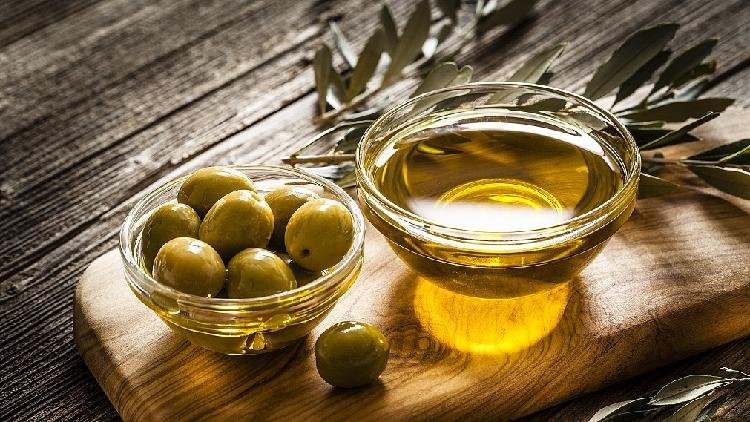
Almond Oil
Almond oil will make your dish taste better. People don’t like to switch grapeseed oil for almond oil because this alternative has a light, nutty, buttery flavour that comes from sweet almonds. This makes almond oil an excellent candidate for baking recipes like cookies, muffins, and cakes. Almond oil can withstand high temperatures up to 421°F, so don’t worry about getting burned.
Almond oil is a good choice for nutritional value, and it has many beneficial chemicals such as vitamin A, vitamin E and omega-6. The oil is extracted from sweet almonds, and it can replace grapeseed oil in baked dishes, cakes and other recipes.
Almond oil, a great substitute for grapeseed oil, is an indispensable ingredient in the kitchen which can be great to make baked goods, stir-fries, sauces, and dips. Almond oil is rich in Omega 3 which makes a great addition to your evening salad, and you can also use it as a spread on toast or bungee into wraps. It also contains vitamin B, monounsaturated, linoleic, and omega 6 and 9. It is a creamy, buttery flavour with a mild nutty flavour that pairs well with cupcakes and cookies.

Coconut oil
Today, coconut oil is getting more and more popular for cooking, and it’s also easy to obtain at a low cost. It’s a good substitute for grapeseed oil because it’s flavourless and odourless, and therefore, it will not alter the flavour or smell of your dish. When baking, try to get refined coconut oil, while it’s recommended to use virgin coconut oil when deep-frying.
Coconut oil is a fantastic alternative to grapeseed oil, and it has a wonderful aroma and flavour and works well with seasonings. Coconut Oil leaves you feeling refreshed, rejuvenated and alive! Coconut oil is beneficial for your body, and it doesn’t also possess a strong flavour of its own, which means it is suitable for any dessert or dish. Coconut oil also has many nutritional advantages.
It’s high in Vitamin E and anti-inflammatory properties, making it a fantastic moisturizer and great protection from sun damage. Coconut oil is easily available and reasonably priced, making it an ideal choice in the search for an alternative to grapeseed oil. For baking, it is recommended to use refined coconut oil, whereas deep-frying, make use of coconut oil that is not refined.

Peanut oil
Another oil made from nuts includes peanut oil. It has a distinct taste, with a nutty aroma. It’s, therefore, an excellent substitute for Asian-inspired food and stir-frying since it doesn’t take on the flavour of the food you cook with it. You can get refined peanut oil and cold-press peanut oil in the stores. If you use it to garnish your food, you can also purchase peanut butter. But, be cautious when using it since many sufferers have an allergy to peanuts.
Peanut oil is made of nuts, which is why its distinctive taste of nutty. A majority of people are allergic to nuts, and in that case, you should opt for a substitute grapeseed oil. This product is high in smoke point, making it a fantastic substitute for stirring-frying vegetables.
Although it doesn’t taste the food items it’s cooked in; however, peanut oil has an underlying sweeter taste and nutty smell compared to other oils. Therefore, make sure to use it in a wise manner make sure to stick with the flavours that compliment. you can also checkout some popular peanut oil alternatives to use in dishes of your choice.
Like grape seed oil, peanut oil is an excellent oil source for omega-6. It’s also rich in vitamin E and those tremendous old cholesterol-busting monounsaturated fats; however, it also contains greater saturated fats than other oils.
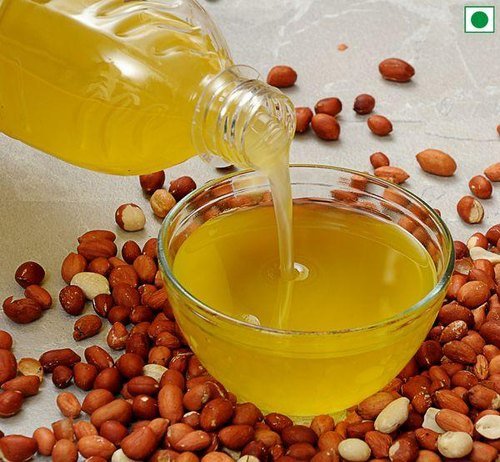
Hemp Seed Oil
Are you looking for the ideal oil substitute that can help reduce inflammation? You’re in luck because Hempseed Oil has all the healthy fats grams you require. It’s an excellent substitute for grapeseed oil as it is a great food to refuel after exercise to boost your energy and oxygen levels. It’s a fantastic moisturizing agent for your skin and hair.
Hemp Oil from seeds is tasty, nutritious, and affordable. It is not just packed with beneficial nutrients like vitamin E and calcium, magnesium, and phosphorus, but they are also high in protein, a total of 17 grams for a 100-gram serving.

Safflower Oil
Safflower oil is derived from the seeds of the safflower plant, and its similar health benefits to wine seed oil make it a fantastic alternative. It’s nearly flavourless, which means it won’t lose the flavour of the other ingredients, making it an excellent alternative to salads.
There is a smoking temperature of 265 degrees Celsius, and it isn’t likely to solidify when stored in cool temperatures, which is why it’s perfect for frying in the pan. It is important to note that safflower oil isn’t ideal for those with allergies to flowers. Like sunflower oil, safflower oil has a neutral flavour and contains a high amount of monounsaturated and polyunsaturated fats.
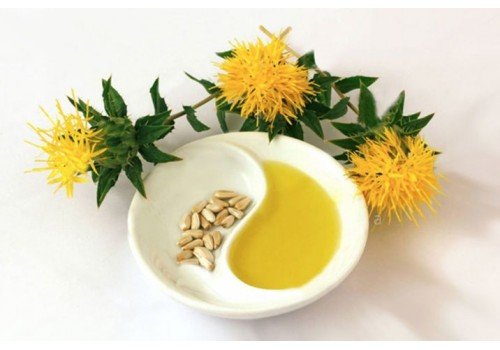
FAQ’s about grapeseed oil
Where does grapeseed oil come from?
Most famous grape seed oils are available in supermarkets, and local grocery stores come from wine-producing nations in Europe.
What can grapeseed oil do to the lips?
It’s got a significant antioxidant level that helps shield your lips from damaging free radicals. Additionally, the oil itself will nourish your lips more than any other lip balm you’ve ever tried. It soothes your lips and leaves them looking and feeling fresh, regardless of the elements thrown at you.
What is the pH of grapeseed oil?
The grapeseed oil has acidity. Grapeseed oil is acidic, and it has a 6.0 pH once digested.


We are baking experts and connoisseur of food with decades of cooking experience to cook and bake a variety of scrumptious food item to awaken the taste buds of people who eat our baked delights.
With our gumption, alacrity along with astute acumen to pick the authentic and best quality ingredients from across the world to make the scrumptious recipes which soothes the taste buds of eater has made him the name on which people can count on when it comes to cooking advice, world class meals and cuisines native to the different cities of world.
Our chefs unique ability improvise and make baked dishes with different raw produce and ingredients in less time which are delicious and relished by the guests has made kooky bakes leader in the arena of baking and serving mouth watering food.

